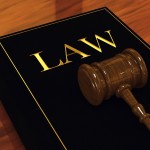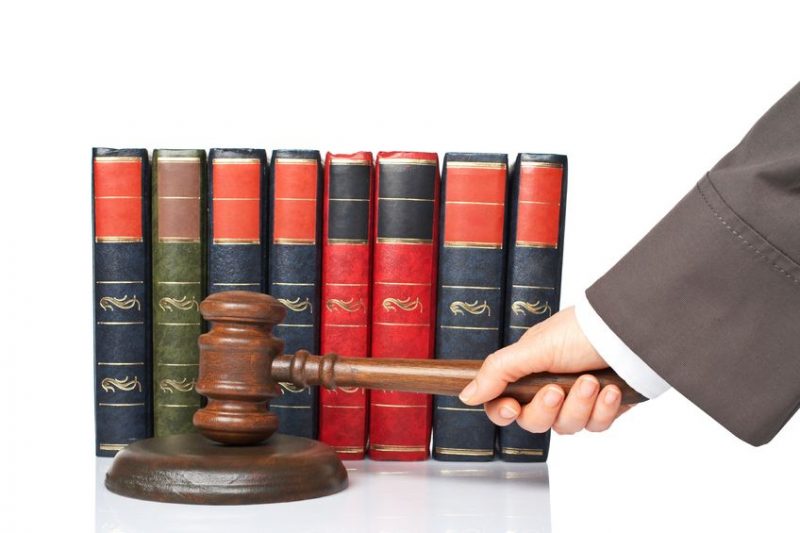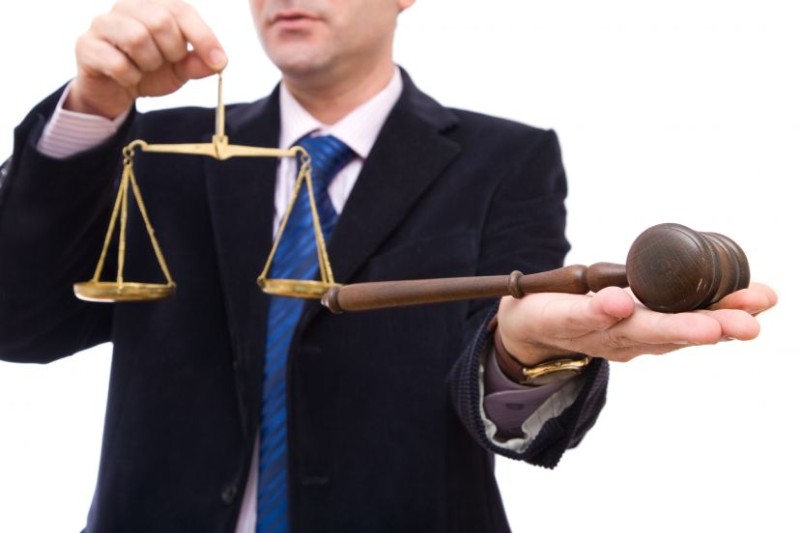Section 109(e) of the U.S. Bankruptcy Code limits chapter 13 bankruptcy to certain types of debtors and introduces the concept of debt limits. This is the only chapter of bankruptcy that directs the Court to look to the total amount of debt that a debtor has in order to determine whether that person qualifies for a chapter 13 bankruptcy.

As of the date of this article, the chapter 13 debtors must have non-contingent, unliquidated secured debts of less than $1,149,525.00, and unsecured debts of less than $383,175.00 (2013). These numbers are updated every three years and are currently subject to be updated on April 1, 2016.
But what exactly do these numbers mean? Do the debt caps represent the amount originally borrowed, or the amount owed on the account as of the day the bankruptcy is filed? What does the Court do if a debt is disputed? How are contingent claims handled?
Orlando bankruptcy attorneys have seen the bankruptcy courts handle this jurisdictional question two different ways. Some courts will look at the claims listed by the debtor in his or her initial filings to make the determination. However, other courts will look at the claims that are still remaining after the claims bar date has passed and any objections to claims have been satisfied before making the determination. Both approaches have benefits depending on the exact situation.
The initial claims method reasons that jurisdictional questions must be determined early for the law to have any real significance. The biggest benefit of this method is that it resolves the jurisdictional question immediately.
The final claims method allows the estate to survive until after the claims bar date has run so that the bankruptcy court can determine exactly the amount of claims that are actually allowed against the estate. This particular method allows the debtors to benefit from the automatic bankruptcy stay for months and can be useful if there are questionable claims that the debtor must list on his bankruptcy schedules but that are eventually disallowed through the claims allowance process.
The Orlando bankruptcy lawyers at Cleaveland & Cleaveland, P.L. recommend that anyone seeking to file a chapter 13 bankruptcy speak with a bankruptcy attorney to obtain additional information. Please contact our office at visit us website to schedule a free consultation.


